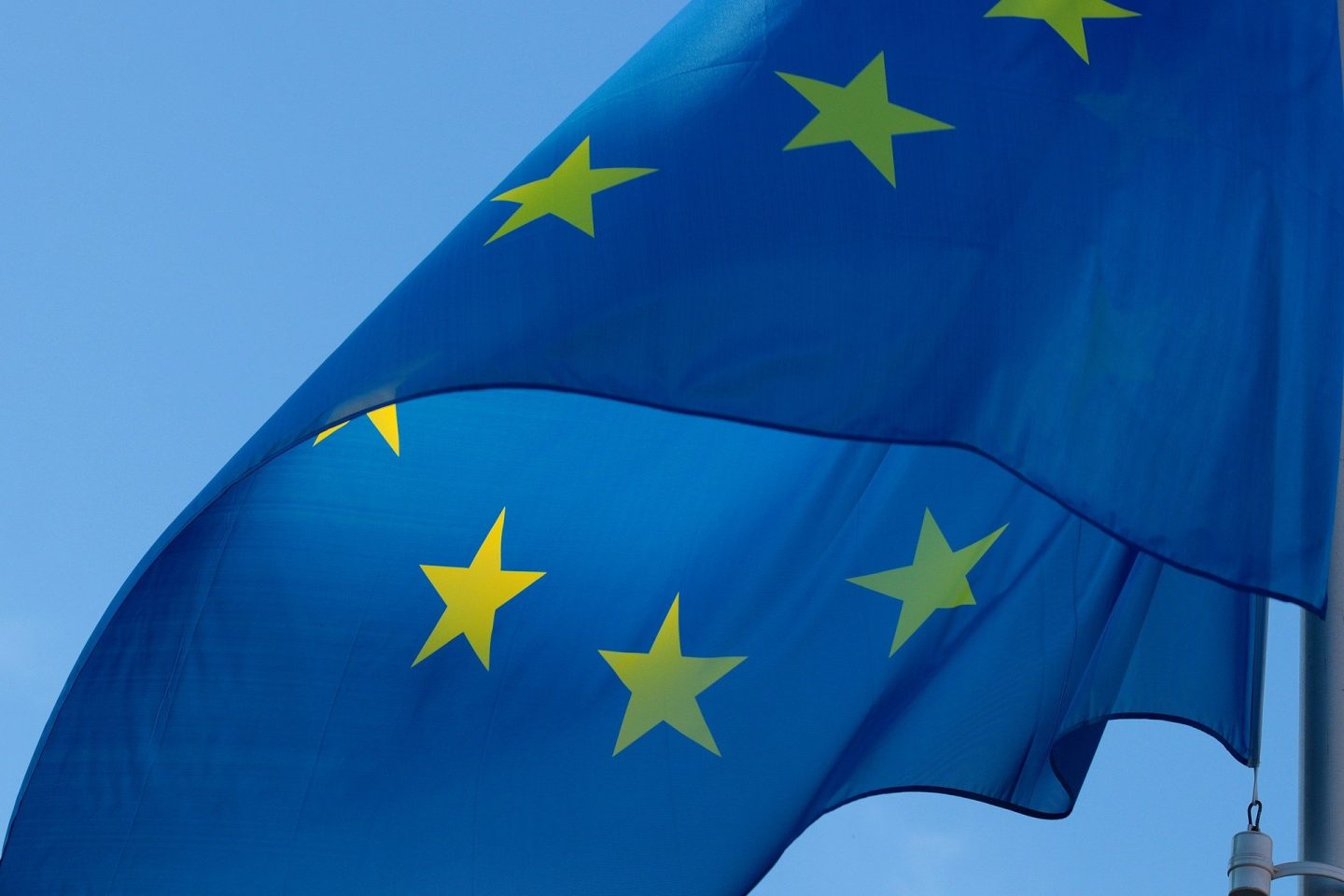
The European Commission has disagreed with remarks made by Meta CEO Mark Zuckerberg‘s recently, rejecting his assessment of EU data laws that labels them as “censorship.”
The Commission was quick to clarify its stance, emphasising that its Digital Services Act (DSA) doesn’t demand platforms remove lawful content. A spokesperson explained that the focus is on harmful material, like content that could impact children or democracy. “We absolutely refute any claims of censorship,” the spokesperson added.
Zuckerberg had stirred the pot earlier, criticising Europe for what he called “an increasing number of laws institutionalising censorship,” which he argued made innovation in the region challenging. His remarks came as Meta announced it was ditching its US fact-checking programmes. Instead, the company plans to implement a ‘community notes’ system, similar to what’s used on Twitter.
The sweeping changes to Meta’s content moderation policies have sparked criticism from lawmakers and experts in both the European Union and the UK. Some worry that the decision to scrap fact-checking in the US could set a troubling precedent for global operations. One UK lawmaker called the move “quite frightening,” especially given Meta’s influence on public discourse.
Adding to the controversy, Meta’s revised global guidelines now allow users to refer to transgender people as “it” and permit allegations of “mental illness or abnormality” based on gender or sexual orientation. Critics argue that such policies will exacerbate the spread of harmful content and misinformation.
“To hear that Meta is removing all its factcheckers [in the US] is concerning…,” one EU lawmaker said. “People have a right to be protected from the harmful effects of misinformation. The fact that Zuckerberg said he’s following the example of [Twitter] must raise concerns when we compare how [Twitter] is a platform for misinformation to a greater extent than Facebook has been.”
The proposed system that will replace fact-checking lets contributors flag posts they believe are misleading, with notes going public only if contributors from diverse viewpoints find them helpful.
The EU isn’t entirely dismissing that idea, but there’s a catch. For such a system to roll out in Europe, platforms must first conduct a risk assessment and share it with the Commission. While the EU doesn’t dictate how platforms should moderate content, its officials emphasised that any model needs to be effective.
“Whatever model a platform chooses needs to be effective, and this is what we’re looking at…,” the Commission’s spokesperson explained. “So we are checking the effectiveness of the measures or content moderation policies adopted and implemented by platforms here in the EU.”
The Commission pointed out that EU users would still benefit from independent fact-checking of content originating in the US. This ensures that even as Meta shifts its approach, there’s a layer of accountability for posts viewed in Europe.
(Image by Pixabay)
See also: Meta’s X rival Threads hits 275M active users
Interested in hearing leading global brands discuss subjects like this in person? Find out more about Digital Marketing World Forum (#DMWF) Europe, London, North America, and Singapore.






![HubSpot’s 2025 State of Newsletters Report [data from 400+ newsletter pros]](https://som2nynetwork.com/wp-content/uploads/2025/11/state-of-newsletters-1-20251030-4170182.webp-336x220.webp)
